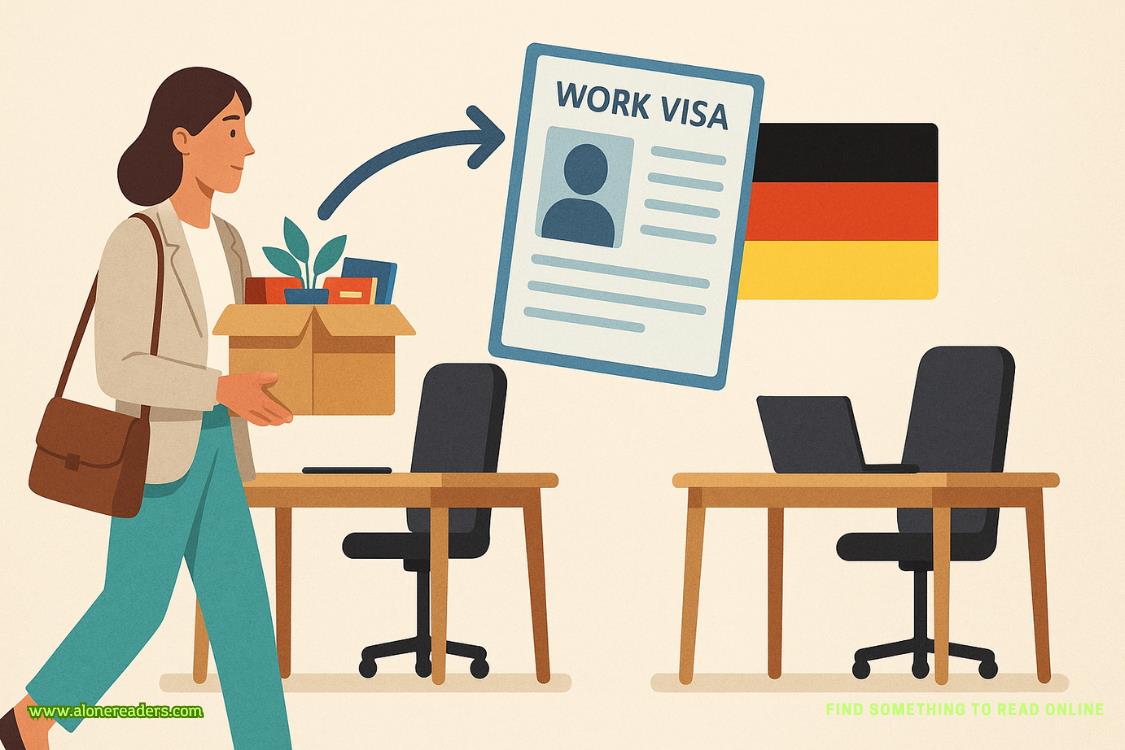I poured the smoothie into the glass and took a long sip, mentally running through the day—gym, practice, maybe stopping by the rescue if Riley was around.
That's when I heard it.
Thwap.
Something hit my front door with a heavy smack. Not a knock. Not a package. Something flatter. Slapped, not placed.
I walked over, still holding the glass, and pulled open the door.
A folded copy of the Silver Ridge Tribune sat on the doormat like a challenge.
That’s weird. I don't subscribe to the paper.
I stared at it for half a second, then bent down and picked it up.
Front page.
Hometown Hero or Heir Gone Rogue? Colton Hayes Distances Himself From Father's Controversial Development Plan.
Beneath the headline, a pull quote in bold: "The town's better off without my father messing with it."
I never said that. Not like that. But it didn’t matter now.
The smoothie in my hand suddenly tasted like chalk. I set it down slowly, the article already burning into my memory.
She used me—or maybe I just made it that easy.
Either way, the damage was done.
Chapter thirteen
Riley: All In
The bells above the door jingled as I stepped into Mae’s Diner, the scent of burnt coffee and maple syrup clinging to the air as usual. I hadn’t planned to stop in, but the rescue was fully staffed for the morning shift, and I needed a minute. Just one quiet minute.
I didn’t get it.
"Figures," someone muttered behind a raised newspaper, not even bothering to lower their voice. I caught the headline in black ink as the paper shifted—Colton’s name, bold and blunt, right under a quote that wasn’t as neutral as he probably thought.
Another table chuckled. It wasn’t cruel, just careless. That kind of laughter people use to distance themselves from someone else's mess.
I clenched the edge of the counter as I passed, the metal cold under my palm. A hot flush crept up my neck. My instinct was to spin on my heel and say something—anything—but I bit it back. What would it change?
I kept walking. Kept my face still. But my insides were twisting. Not because they were talking about him, but because they didn’t know him. Not the version I was starting to see.
"…I’m just saying, it’s convenient, isn’t it? First, he shows up at the rescue looking all humble, and now he’s trashing his own dad in the press?"
The voice came from a booth near the window. I didn’t turn to look, but I knew it belonged to Mr. Henson, who taught eighth-grade social studies and treated the diner like his personal podium.
"He didn’t trash anyone," another voice said—Marla, who ran the church bake sales and knew everyone’s birthday by heart. "He said the town deserves to be protected. That’s not the same as going after his father."
"Oh, please," Henson muttered. "You know exactly how it reads. That quote’s a Molotov cocktail in a headline."
I moved to the counter and took the stool farthest from them, keeping my eyes down. I folded the napkin once, then again—tight corners, perfect creases.
Mae gave me a once-over and then slid a mug in front of me without asking. "You look like you need it, and be careful; it’s hot."
“Thanks Mae. Can you get me a cinnamon roll with extra icing and two black coffees to go?”















